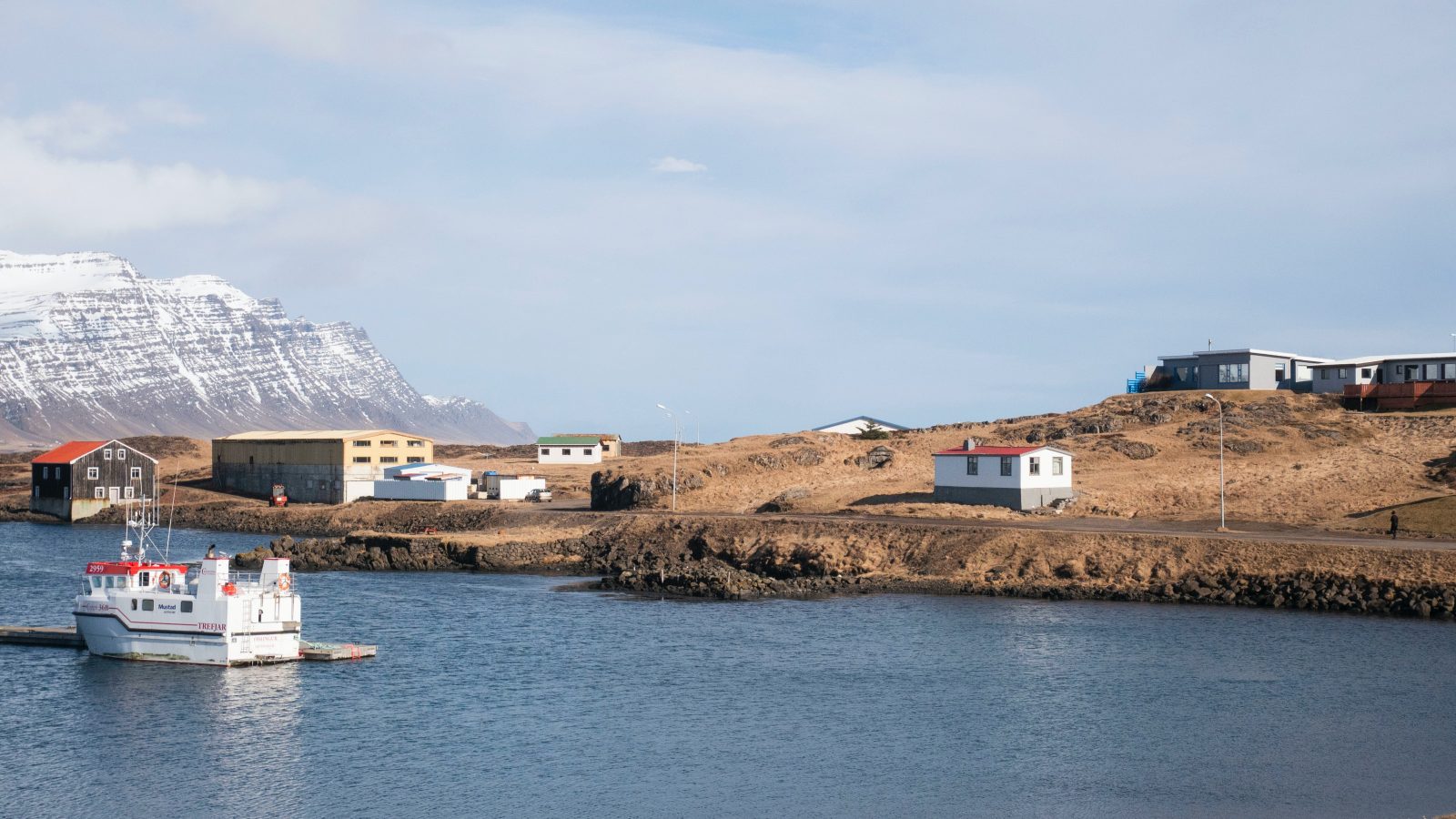
The introduction of drones in monitoring fishing fleets in Iceland has uncovered a far vaster occurrence of the illicit, environmentally damaging practice of dumping unwanted catches back into the ocean than officials had suspected.
Iceland’s Directorate of Fisheries began using drones to monitor the activity of fishing fleets early this year as a means of spotting boats that engage in catch discards. The practice involves dumping fish that are considered too small, too cheap to bother selling, damaged, or whose volumes exceed a vessel’s quota back into the sea. Global estimates put the volume of that squandering of marine life at 7.7 million to 11 million tons annually.
If Iceland’s UAV s observation is any indication, those numbers may be over 10 times as large.
The Directorate of Fisheries says it intervened in 120 cases of boats dumping catches into Iceland’s waters so far this year, well above its usual annual tally of about 10. Some of those involved relatively low-rate discards of one or two fish per minute, while others included nearly a third of vessels’ entire catch being thrown overboard.
According to media reports in Iceland, even that increased instance of identifying boats dumping catches may not represent to scale that drone cameras are unable to take in. Because flights are piloted from the land, Iceland’s monitoring has largely observed smaller boats that fish closer to shore. The big bottom trawlers that net the largest catches – and presumably dump the most volumes of unwanted fish – are out of the UAVs’ reach.
Given the concentration of all kinds of fish in the North Sea, catch discards have become a problem Iceland has sought to battle through legal bans. Laws require boats to keep fish for which a market exists – even if that means going over their catch quotas – and bring others ashore for other uses.
Those largely reflect rules that the European Union created in 2015, and has policed since 2019. They similarly make dumping unwanted catches back into the sea illegal, and encourage use of undersized or unmarketable fish for secondary uses like pet food, fish meal, and in pharmaceuticals.
They also call on national fishing organizations to assist member fleets to store and sell percentages of their haul that can’t be marketed to humans. To cut down on the waste involved, meanwhile, the EU urges boat captains to find more selective fishing methods to avoid netting marine life they don’t want.
The environmental consequences of illicit catch discards are serious enough that Iceland and other nations have been turning to innovative measures like drone monitoring to fight it. In addition to depleting populations that aren’t even consumed, the dumping of undersized catch needlessly kills younger fish, thus undermine repopulation. The practice also creates an unnatural bounty of easy-to-eat food that other marine life gorge on, rather than undertaking their usual hunting practices that are vital to environmental balances.
FTC: We use income earning auto affiliate links. More.




Comments